Two US astronauts stranded for months on the International Space Station will remain there at least until late March, NASA said Tuesday as it announced another delay in the mission to bring them home.
Veteran astronauts Butch Wilmore and Suni Williams arrived at the ISS in June aboard Boeing’s Starliner spacecraft, and were due to spend eight days on the orbiting laboratory.
But problems arose with the Starliner’s propulsion system during the flight there, so NASA opted for a big change in plans.
Another day, another sleigh ⛄️❄️@NASA_Astronauts Don Pettit and Suni Williams pose for a fun holiday season portrait while speaking on a ham radio inside the @Space_Station’s Columbus laboratory module. pic.twitter.com/C1PtjkUk7P
— NASA’s Johnson Space Center (@NASA_Johnson) December 16, 2024
After weeks of intensive tests on the Starliner, the space agency decided to return it to Earth without its crew, and to bring the two stranded astronauts back home with the members of a SpaceX mission called Crew-9.
Crew-9’s two astronauts arrived at the ISS aboard a Dragon spacecraft in late September, with two empty seats for Wilmore and Williams. The plan was for all four to return home in February 2025.
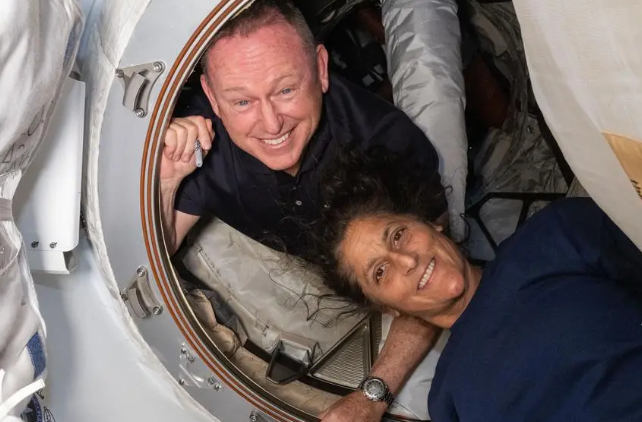
But NASA said Tuesday that Crew-10, which would relieve Crew-9 and the stranded pair, would now launch no earlier than March 2025, and both teams would remain on board for a “handover period.”
“The change gives NASA and SpaceX teams time to complete processing on a new Dragon spacecraft for the mission,” NASA said in a blog post.
NASA’s SpaceX #Crew10 now is targeting no earlier than late March 2025 to launch four crew members to @Space_Station.
The change gives NASA and SpaceX time to complete processing on a new Dragon spacecraft for the mission, set to arrive in early January: https://t.co/3y1zvsyGMr pic.twitter.com/wJxfV89SAR
— NASA Commercial Crew (@Commercial_Crew) December 17, 2024
The bottom line is that Wilmore and Williams will spend more than nine months in space, rather than eight days as initially planned.
SpaceX, the private company founded by billionaire Elon Musk, has been flying regular missions every six months to allow the rotation of ISS crews.
© Agence France-Presse
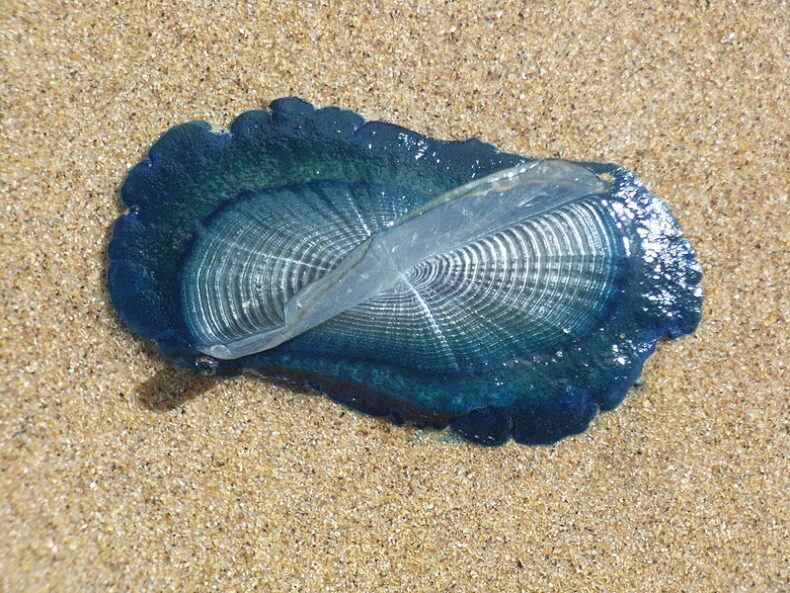
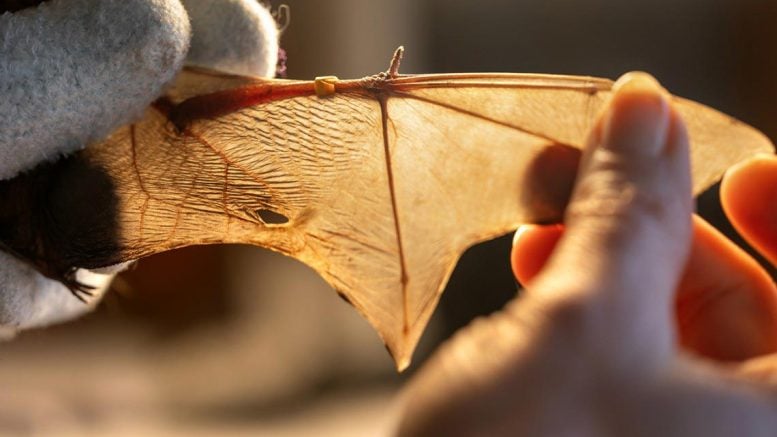
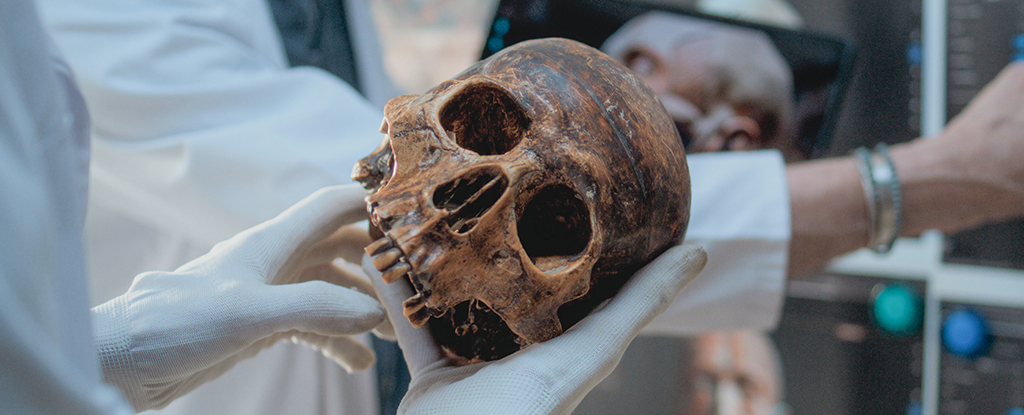


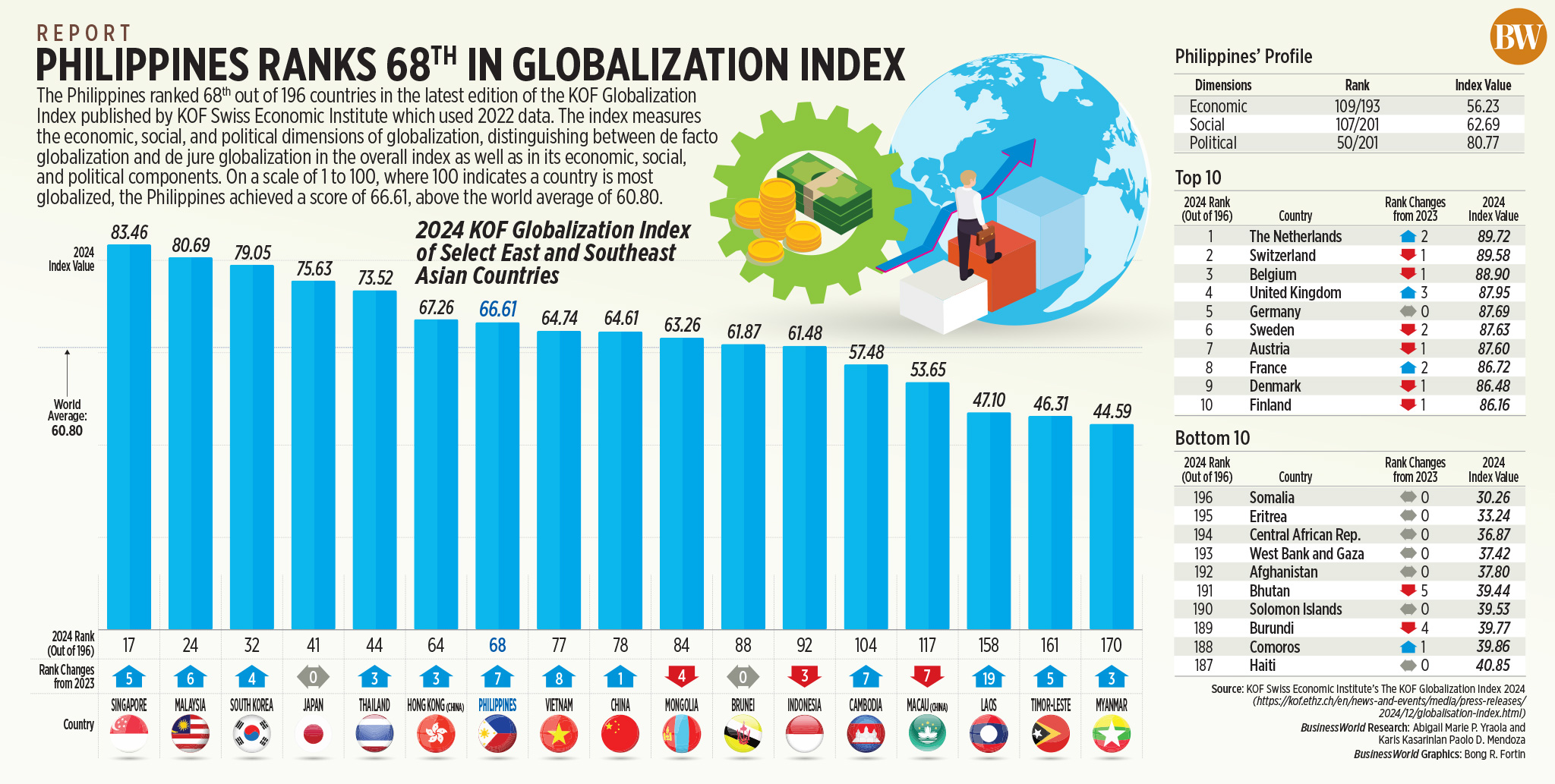



Leave a Comment